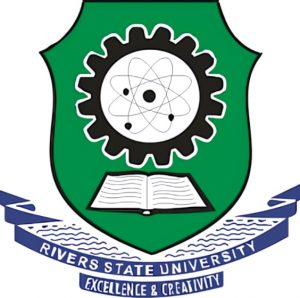THE PART II MB, BS PROGRAMME
The Part II MBBS programme is the major academic program of the FBCS for undergraduate medical students. It runs for a period of twelve (12) months, during which training will be carried out using formats that include lectures, seminars, tutorials, laboratory sessions (practicals) and other teaching methods as deemed fit by departments. It is composed of an initial introductory posting, followed by block postings in the 5 departments of the faculty. These will culminate in the Part II MBBS professional examination. All students who do not meet the requirements to be considered successful at the main Part II MBBS professional examination will undergo a re-sit examination, three (3) months after the main examination. Continuous assessment tests constitute 30% of overall scores.
To qualify for the Part II Professional MBBS Examination, a student must make at least 75 % attendance at lectures and other training activities. The Part II MBBS Examination consists of two written papers (Essay and multiple choice), a practical and an oral examination. To be successful at the Part II MBBS professional examination, the student must score at least 50% in all 5 departments of the FBCS. The final examination contributes 70% of the final score. A closed marking system will be employed for marking essay type questions.

